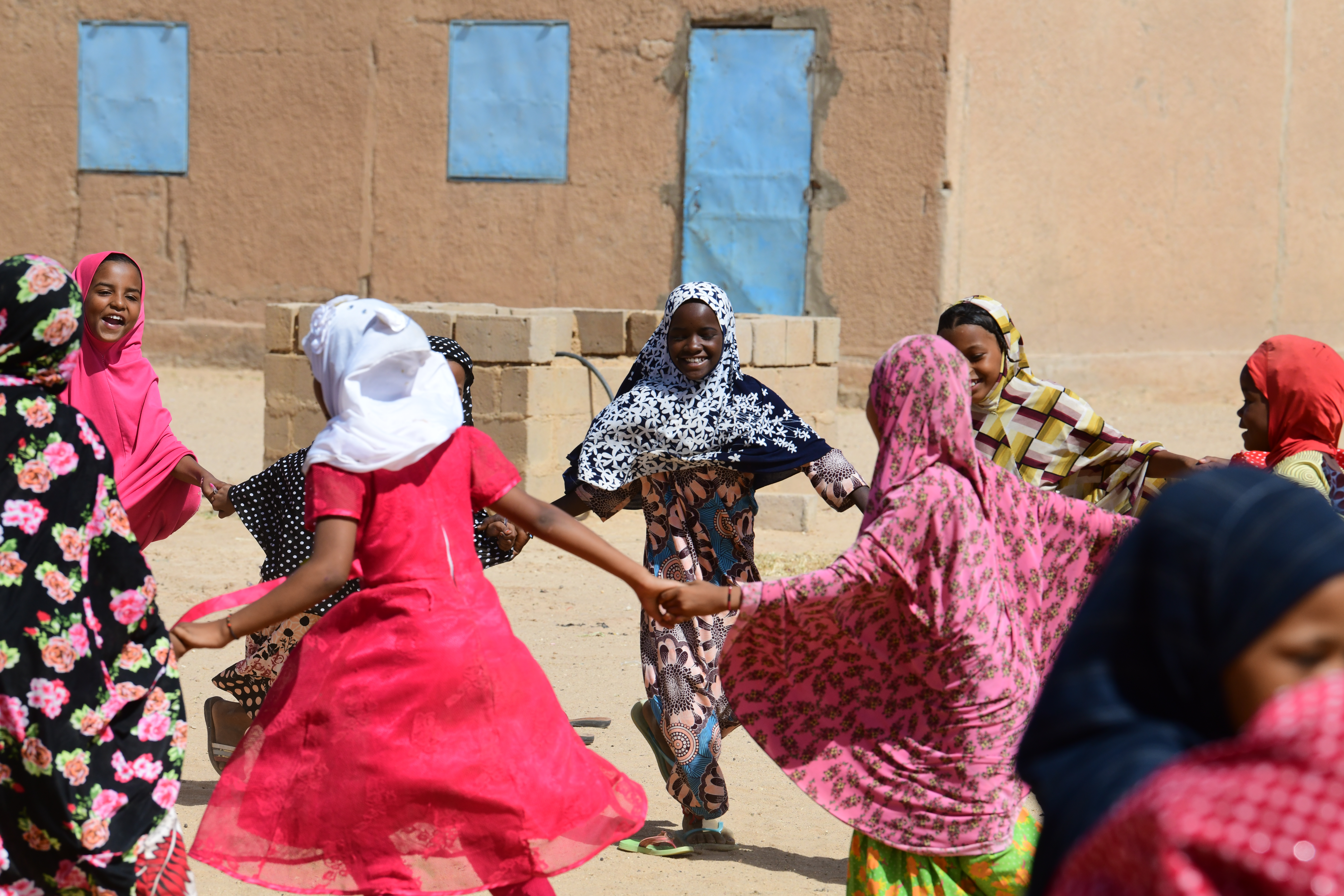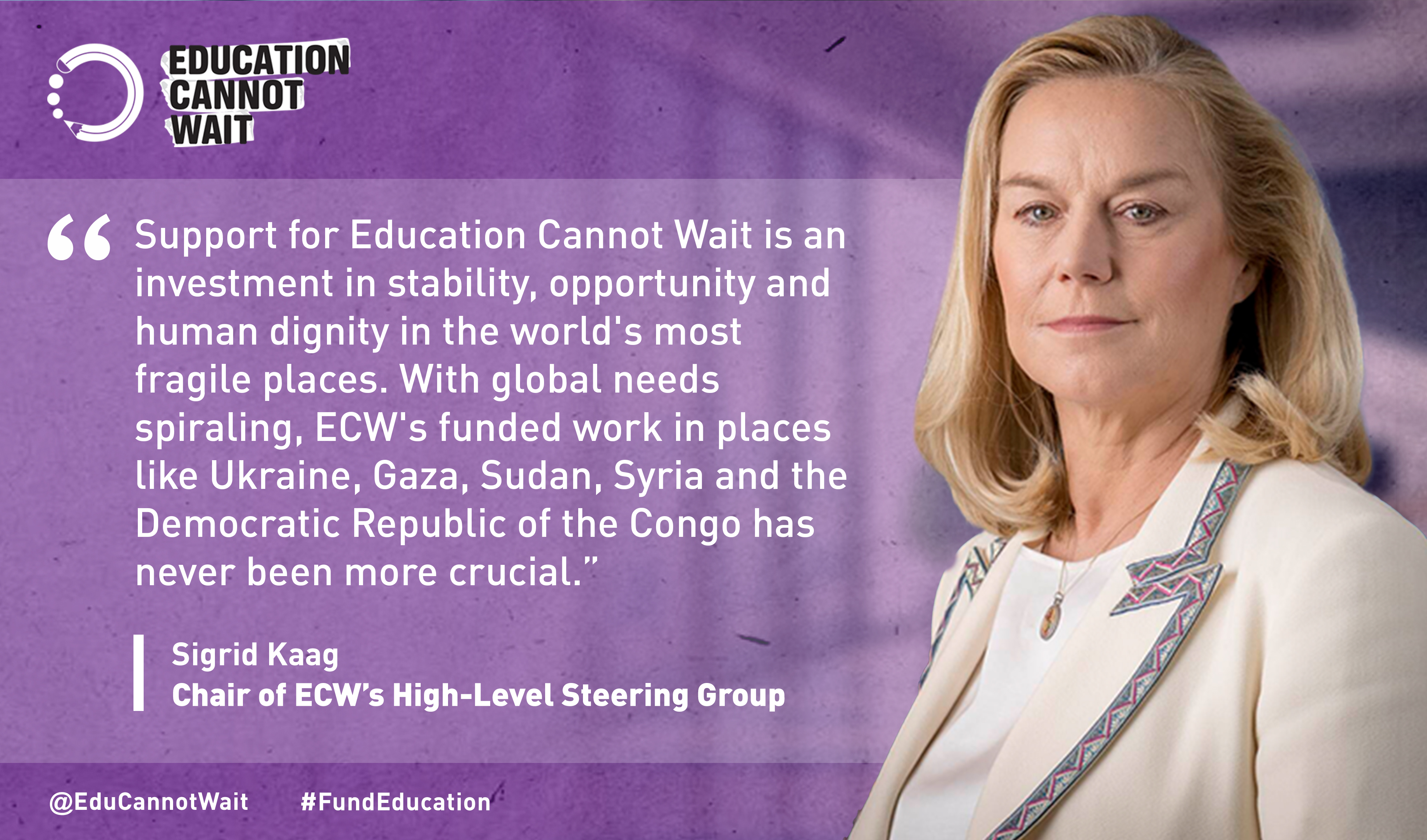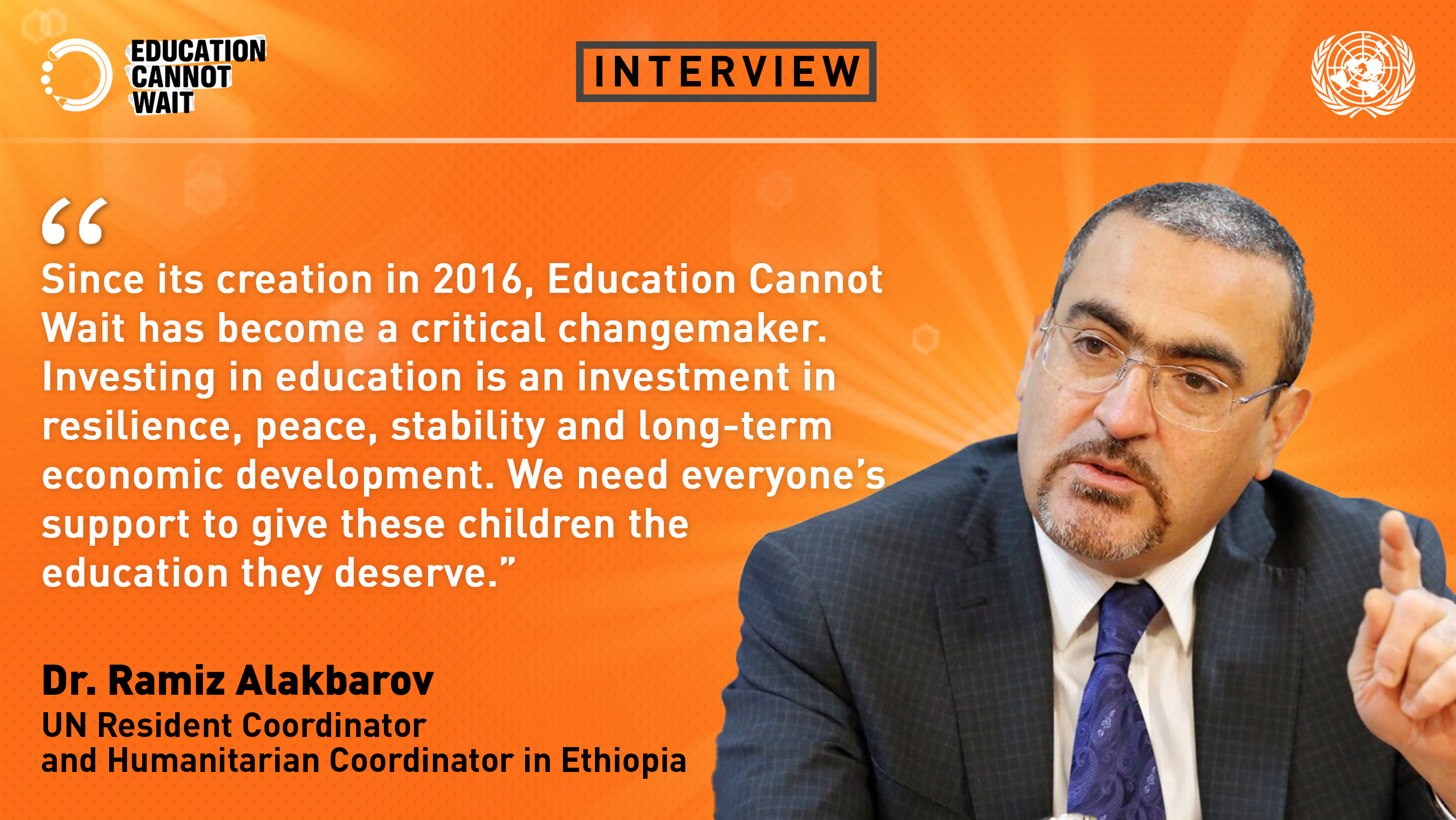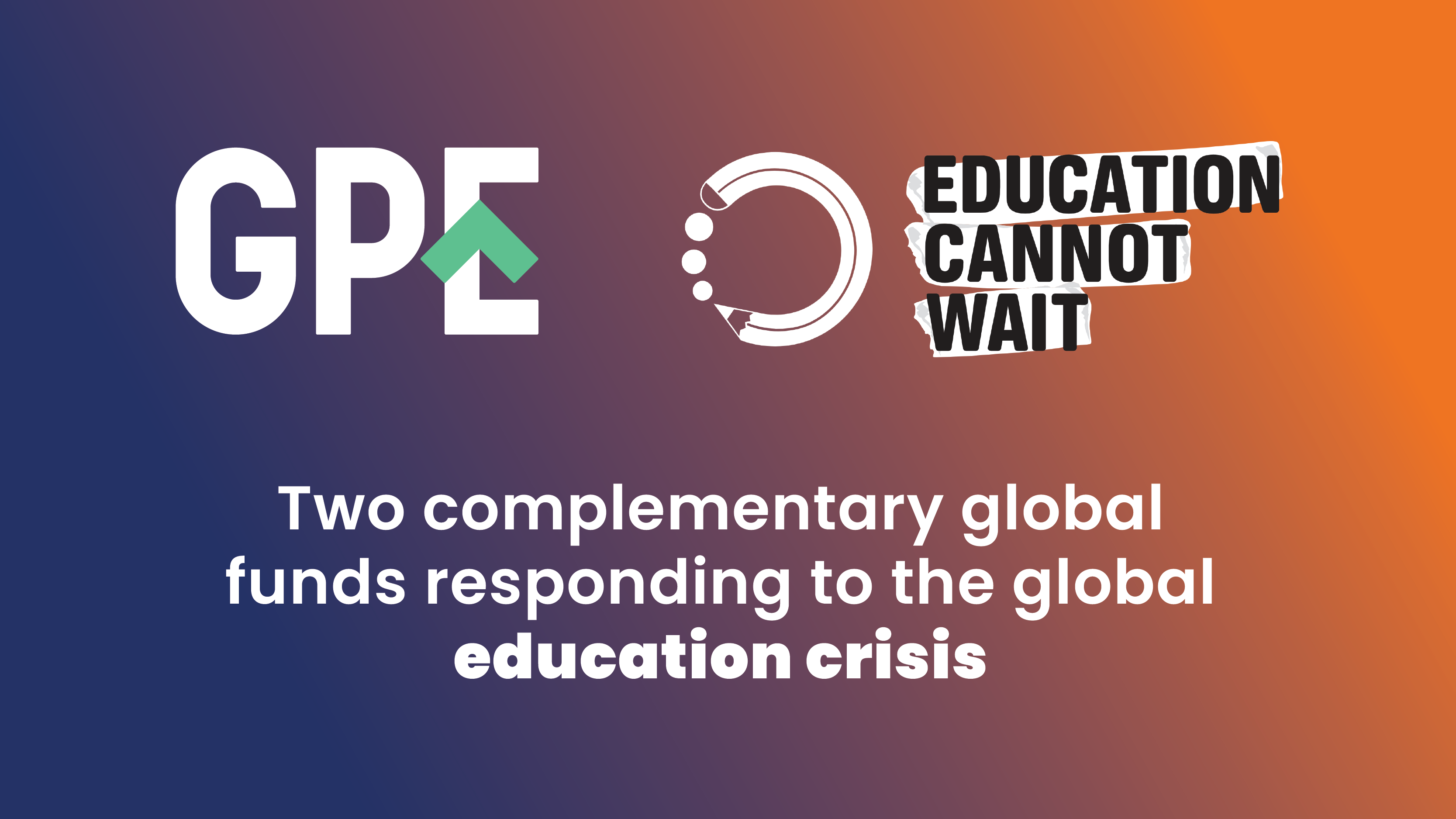Education Cannot Wait Announces Ambitious New Target for Mental Health and Psychosocial Services

At least 10% of resources from the UN’s global fund for education in emergencies will go to mental health and psychosocial support services.
10 May 2023, New York – This Mental Health Awareness Month, Education Cannot Wait (ECW) announced a new, ambitious target to have at least 10% of resources go to mental health and psychosocial support services (MHPSS).
To move ECW’s trajectory from 5% of MHPSS funding towards the goal of 10% funding during the current 2023-2026 Strategic Planning period, ECW will pilot targeted funding for MHPSS in a subset of specific investment countries. In the group of selected countries, ECW aims to have at least 10% of resources allocated for MHPSS interventions.
“Children and adolescents impacted by violent conflicts, forced displacement and climate-induced disasters face immense adversity and stress. Those experiences are frequently of such depth and magnitude that their learning and further development will most certainly be impaired – unless they have immediate access to psychosocial support and mental health services. ECW’s latest commitment reflects the Fund’s conviction that MHPSS is fundamental for crisis-affected children, adolescents and their teachers. ECW and its strategic partners will firmly continue to raise the importance of MHPSS in and through the education system in crisis-affected countries,” said Yasmine Sherif, Executive Director of Education Cannot Wait, the UN’s global fund for education in emergencies and protracted crises.
Since ECW’s inception at the World Humanitarian Summit in late 2016, mental health has been positioned as a key part of all the Fund’s investments. In 2019, ECW took ground-breaking action to affirm its commitment to ensuring that all learners have access to MHPSS as an integral component of their educational experience.
To do this, ECW ensured that 100% of country programming included MHPSS interventions. In the same vein, in 2020, ECW – through a partnership with the Inter-agency Network for Education in Emergencies (INEE) – led the education in emergencies and protracted crises sector’s charge to ensure that not only is the mental health/wellbeing of learners considered, but also that of teachers. Today, these are both key considerations in all ECW programming.
While it remains challenging to accurately estimate precise funding for MHPSS in humanitarian emergencies, studies suggest that funding for mental health remains woefully low – by some estimates, less than 1% of funding goes to this crucial work. With this statistic in mind, ECW has been a true pioneer in the humanitarian-development-peacebuilding space. Since 2019, ECW has spent roughly 5% of its total budget on MHPSS. Still, to paraphrase Robert Frost: “We have promises to keep and miles to go before we sleep,” and more must be done to protect and promote learners’ wellbeing in crises.
ECW launched its new Strategic Plan in September 2022, which articulates the need to advance holistic learning outcomes as a top priority for the Fund. ECW has redoubled its efforts to ensure that crisis-affected children and youth receive a quality education that protects and promotes their mental health and wellbeing.
The Fund remains steadfast in its commitment to ensuring that MHPSS funding, as much as possible, goes to local organizations and/or organizations focused on building the capacities of local and national MHPSS organizations. ECW will continue to work jointly with key partners – including INEE, Inter-Agency Standing Committee, Global Education Cluster, Child Protection Area of Responsibility and Alliance for Child Protection in Humanitarian Action – to ensure no one is left behind when it comes to mental health and psychosocial services.



